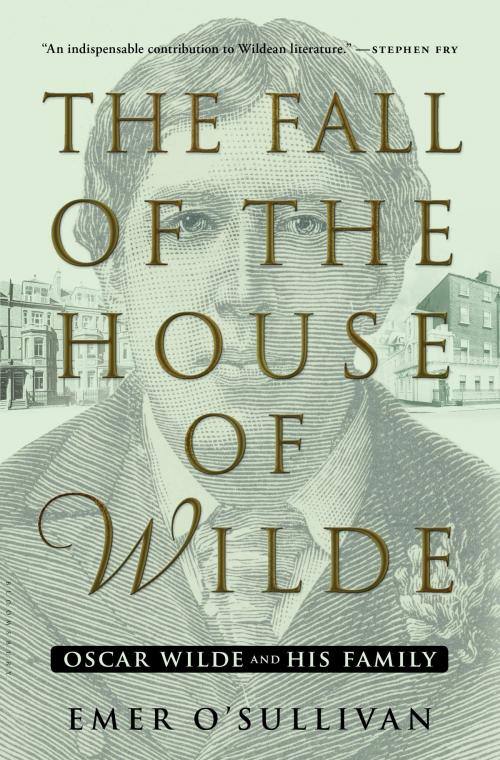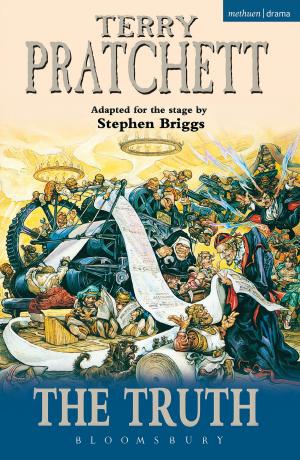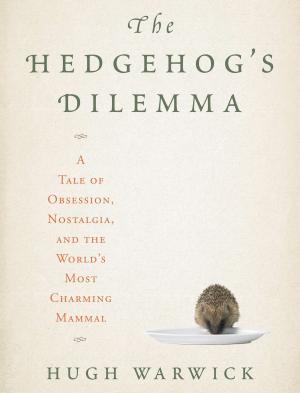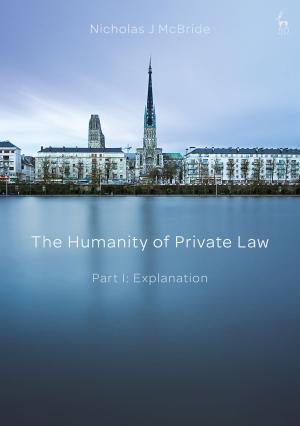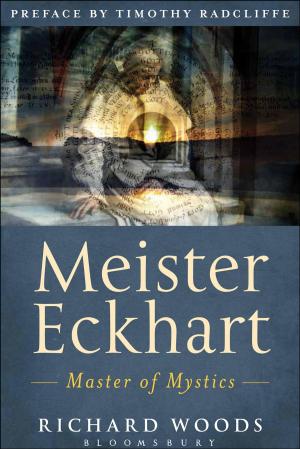The Fall of the House of Wilde
Oscar Wilde and His Family
Nonfiction, History, Ireland, Modern, 19th Century, Biography & Memoir, Literary| Author: | Emer O'Sullivan | ISBN: | 9781608199884 |
| Publisher: | Bloomsbury Publishing | Publication: | October 4, 2016 |
| Imprint: | Bloomsbury Press | Language: | English |
| Author: | Emer O'Sullivan |
| ISBN: | 9781608199884 |
| Publisher: | Bloomsbury Publishing |
| Publication: | October 4, 2016 |
| Imprint: | Bloomsbury Press |
| Language: | English |
The first biography of Oscar Wilde that places him within the context of his family and social and historical milieu--a compelling volume that finally tells the whole story.
It's widely known that Oscar Wilde was precociously intellectual, flamboyant, and hedonistic--but lesser so that he owed these characteristics to his parents.
Oscar's mother, Lady Jane Wilde, rose to prominence as a political journalist, advocating a rebellion against colonialism in 1848. Proud, involved, and challenging, she opened a salon and was known as the most scintillating hostess of her day. She passed on her infectious delight in the art of living to Oscar, who drank it in greedily.
His father, Sir William Wilde, was acutely conscious of injustices of the social order. He laid the foundations for the Celtic cultural renaissance in the belief that culture would establish a common ground between the privileged and the poor, Protestant and Catholic. But Sir William was also a philanderer, and when he stood accused of sexually assaulting a young female patient, the scandal and trial sent shockwaves through Dublin society.
After his death, the Wildes decamped to London where Oscar burst irrepressibly upon the scene. The one role that didn't suit him was that of Victorian husband, as his wife, Constance, was to discover. For beneath his swelling head was a self-destructive itch: a lifelong devourer of attention, Oscar was unable to recognize when the party was over. Ultimately, his trial for indecency heralded the death of decadence--and his own.
In a major repositioning of our first modern celebrity, The Fall of the House of Wilde identifies Oscar Wilde as a member of one of the most dazzling Irish American families of Victorian times, and places him in the broader social, political, and religious context. It is a fresh and perceptive account of one of the most prominent characters of the late nineteenth century.
The first biography of Oscar Wilde that places him within the context of his family and social and historical milieu--a compelling volume that finally tells the whole story.
It's widely known that Oscar Wilde was precociously intellectual, flamboyant, and hedonistic--but lesser so that he owed these characteristics to his parents.
Oscar's mother, Lady Jane Wilde, rose to prominence as a political journalist, advocating a rebellion against colonialism in 1848. Proud, involved, and challenging, she opened a salon and was known as the most scintillating hostess of her day. She passed on her infectious delight in the art of living to Oscar, who drank it in greedily.
His father, Sir William Wilde, was acutely conscious of injustices of the social order. He laid the foundations for the Celtic cultural renaissance in the belief that culture would establish a common ground between the privileged and the poor, Protestant and Catholic. But Sir William was also a philanderer, and when he stood accused of sexually assaulting a young female patient, the scandal and trial sent shockwaves through Dublin society.
After his death, the Wildes decamped to London where Oscar burst irrepressibly upon the scene. The one role that didn't suit him was that of Victorian husband, as his wife, Constance, was to discover. For beneath his swelling head was a self-destructive itch: a lifelong devourer of attention, Oscar was unable to recognize when the party was over. Ultimately, his trial for indecency heralded the death of decadence--and his own.
In a major repositioning of our first modern celebrity, The Fall of the House of Wilde identifies Oscar Wilde as a member of one of the most dazzling Irish American families of Victorian times, and places him in the broader social, political, and religious context. It is a fresh and perceptive account of one of the most prominent characters of the late nineteenth century.
